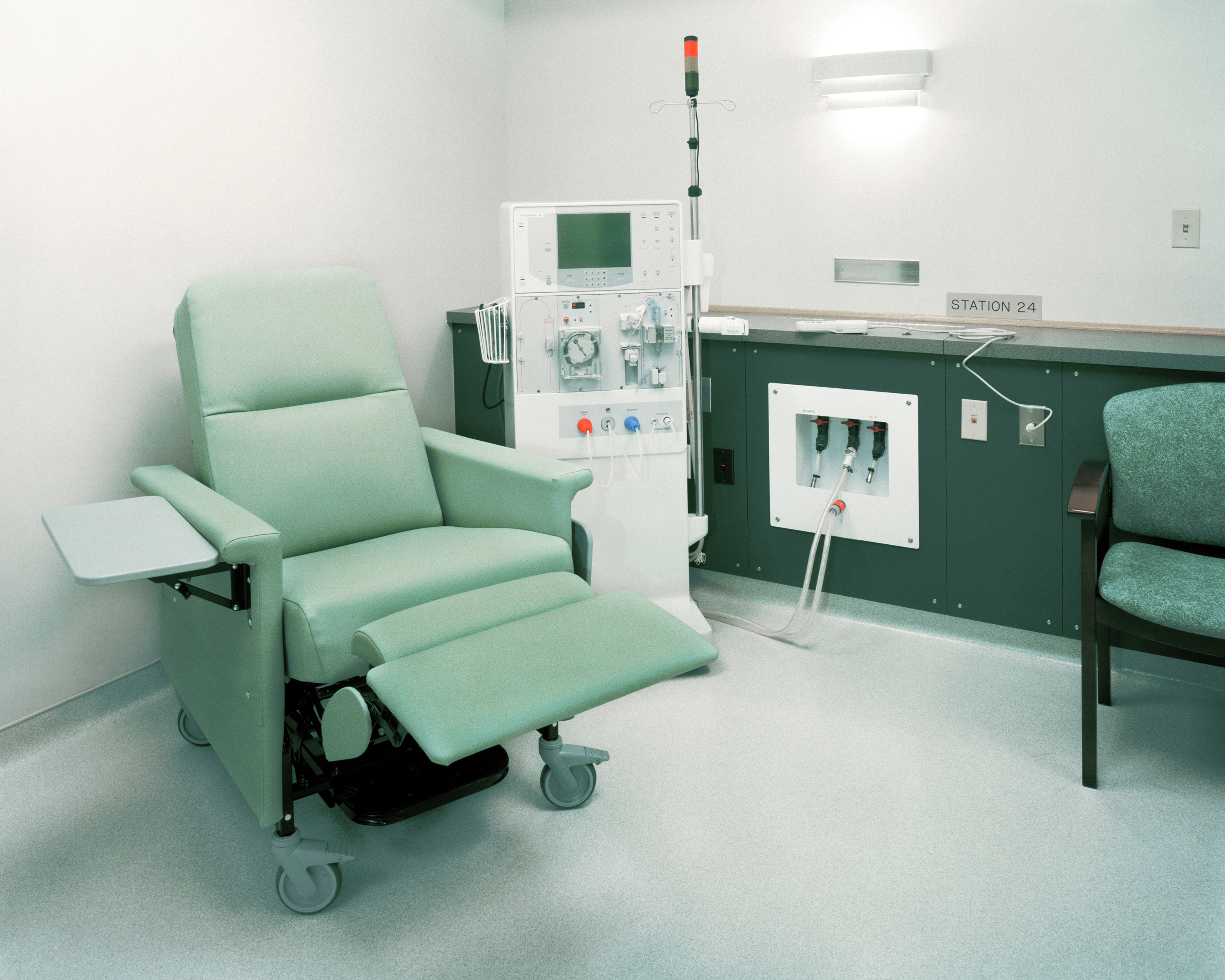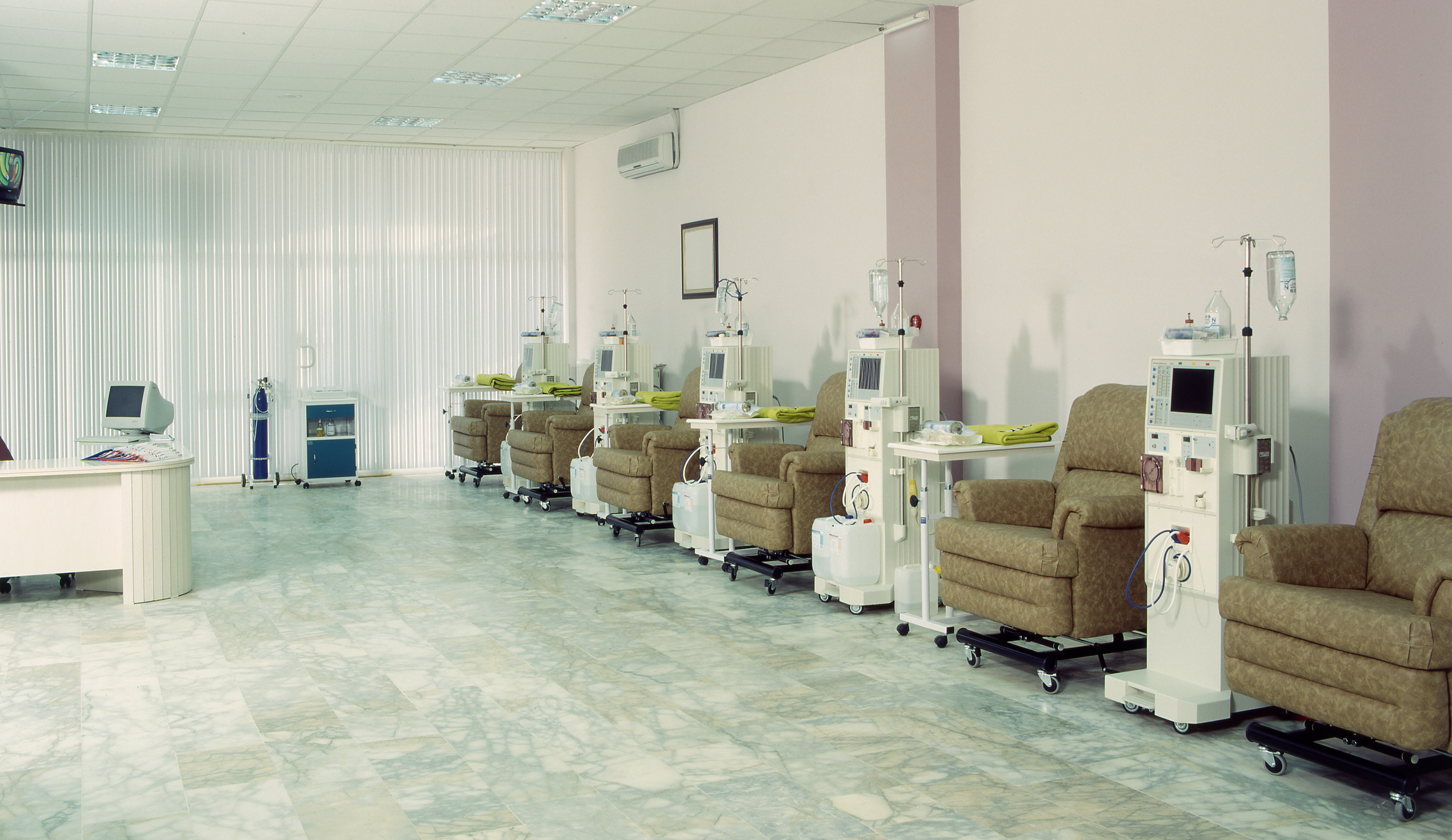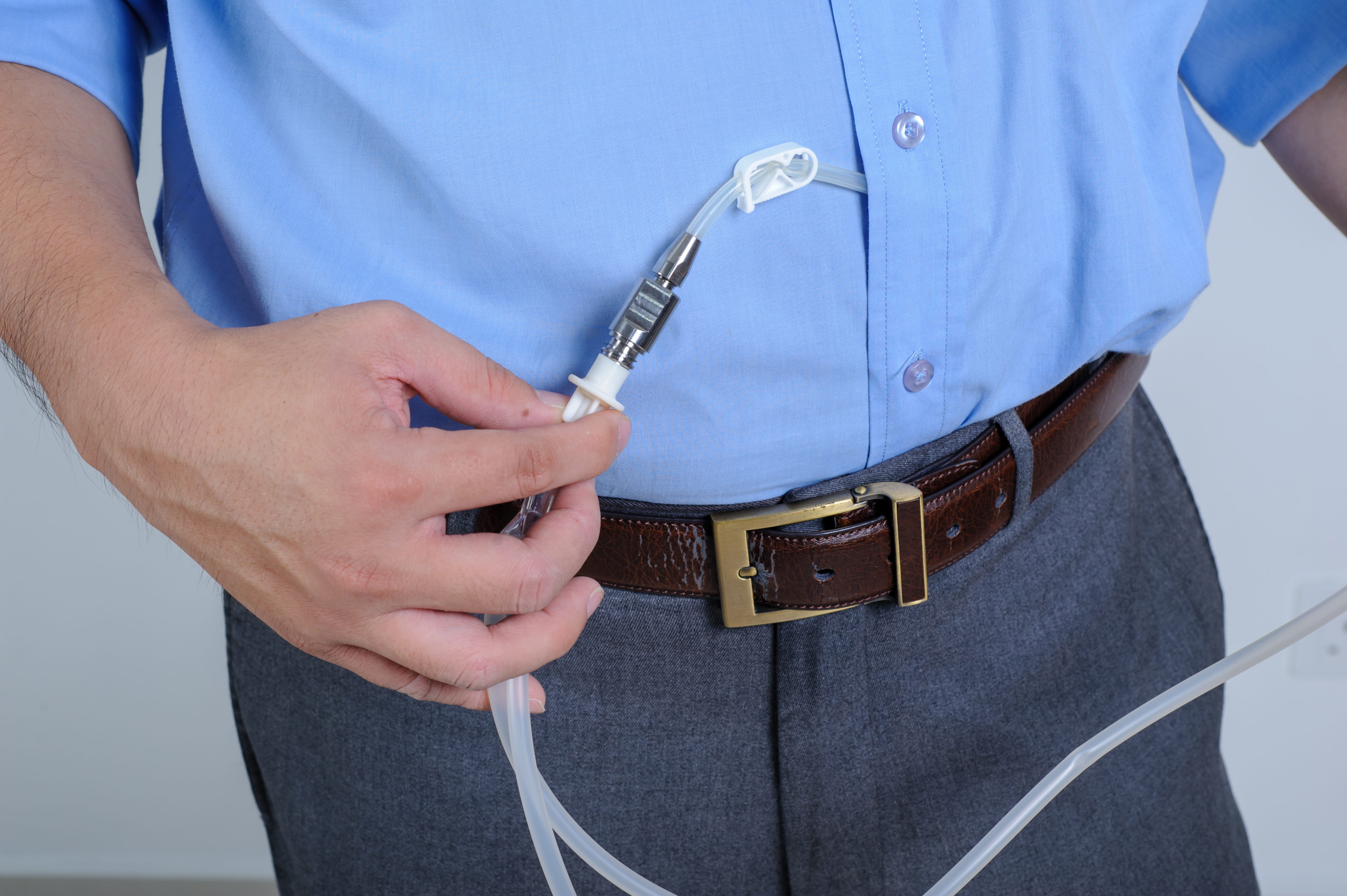Free Monthly Webinars/Conference Calls
The DPC Education Center invites people living with chronic kidney disease (CKD), end-stage renal disease (ESRD), their families and professional staff to join us for our monthly webinars. You can also join by phone or view the recordings online at a later time. The webinars are planned for the fourth Thursday of the month at 2 p.m. Eastern time zone, except for November and December when they will be held during the third week of the month. You can download monthly webinar fliers to share with others and/or register for webinars at www.dpcedcenter.org/news-events/education-webinars. Join by phone by calling 1-877- 399-5186 and [...]








